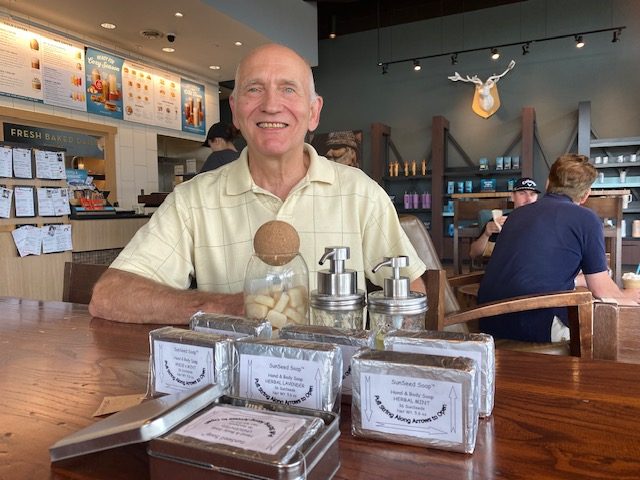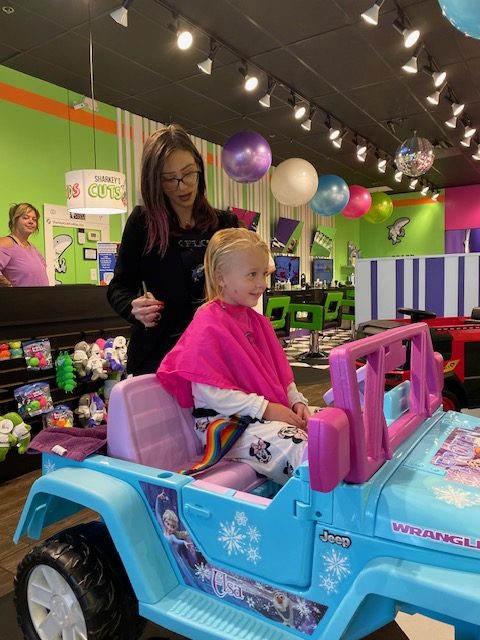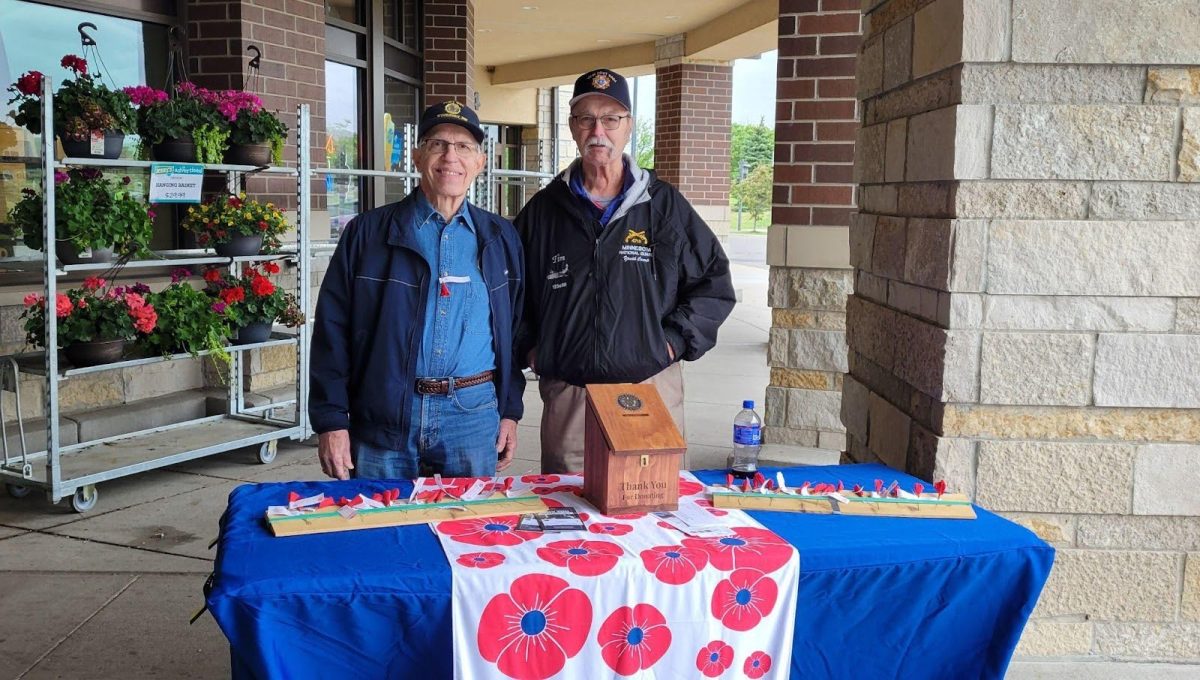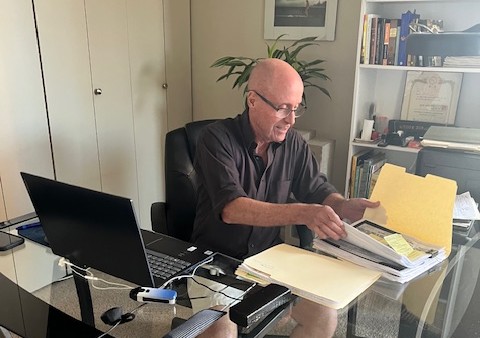A retired 3M chemist and longtime Woodbury resident believes he’s found a link to a better future, thanks to a household item he’s been a world-class expert on for the last four decades.
Soap.
“All soap – except some store-bought – is basically made the same: you mix oil with lye,” notes Jim McDonell, who launched Sun Seed Soap in April after three years of focused, targeted probing into every soap secret you can imagine.
“Humans have been making soap for thousands of years. It’s one of the oldest things human beings have done.”
What’s so special about McDonell’s product, so named in part because its fundamental ingredient is sunflower oil?
Well, for starters, as the company’s Facebook page proclaims, it’s “the World’s Only Foaming or Thick Sustainable Liquid Soap from Tablets.”
Which might not exactly sound like a game-changer at first. Then McDonell explains the intricate, multilayered implications for everything from his customers’ health and his product’s shipping logistics to ecological safety, environmental sustainability and local-first suppliers.
“Sunflower oil is good for soap, and it’s great for putting on your salad too,” he smiles. “I can also get it right here in Minnesota.”
More consequential: Because Sun Seed Soap starts as a soft-solid tablet before it’s dispensed and used, it eliminates the need for plastic containers, long seen as mandatory throughout the liquid-soap industry.
“It’s always had to be plastic because it reduces the risk of glass breaking during shipping,” McDonell notes.
“But I really wanted to get rid of the plastic because if you’ve seen the research lately, the average person has something like seven grams of microplastics – the equivalent of a typical plastic take-out spoon – floating around in their brains.”
Another benefit, he says: “When you buy liquid soap, you’re paying for all that water too. Then the plastic container goes to a landfill and basically just stays there.”
Sun Seed Soap customers can also tailor its thickness, for example, by adding varying amounts of salt before use. That’s not feasible with store-bought liquid soaps
Cabin Fever
McDonell’s focus on sustainability, efficiency and environmental stewardship has guided him since he was hired to work in Ecolab’s research center in the early 1980’s and throughout his entire 3M career, which started in 1989.
He’s always had a home soap laboratory in Woodbury and another in his north-woods cabin near Pine City, which also includes a bank of solar panels for electricity, along with special fans and vents.
“It’s just easier to relax and get creative up there,” he says. “And, as a chemist, I’ve always been big on environmental issues – like Woodbury has been too. I get all the energy I need from solar panels, and, actually, that’s another reason for the Sun Seed name.”
He makes his soap at his cabin, a process that culminates with enormous trays that shape it into individual tablets while it’s still in liquid form. When the soap has been fully dried, cured and prepared for the journey, he drives the trays down to Woodbury in his electric F-150 truck for packaging and distribution.
McDonell even cut out the middleman when applying for a patent, which he was granted in 2024. He’s been a licensed patent agent since the early days, so he knows the red tape involved inside-out.
“As a patent agent, I didn’t need to spend money on a lawyer to get one. I could call and talk directly with the patent office throughout the process,” he says.
McDonell adds: “I’m pretty much the only owner, employee and packaging expert right now, although I do work sometimes with my brother John, my sister Kathleen, and my wife Barb,” McDonell adds. “But because it’s an extremely detailed process, I have to be more involved in everything by myself.”
Production, sales and distribution are still in the embryonic stages while McDonell decides how to best manage Sun Seed Soap’s growth, and how long he should stay at the top.
“My wife is much smarter than me, and after talking with her, I’m thinking I’ll probably play with all this for about three more years or so,” he says.
Meanwhile, he’s gotten strong encouragement from several well-established companies that could be potential partners for the future, as well as longtime colleagues, including one exceptionally savvy fellow member of the national Handcrafted Soap and Cosmetic Guild, based in Saratoga, New York.
“I told her about the entire idea, and she said, ‘Oh my God. You have to create a national franchise. Come on down to our conference and tell us all about it’” McDonell recounts.
McDonell’s soap tablets are sold in recyclable packages of 36 tablets and in starter kits with Mason Jar glass dispensers equipped with stainless-steel covers and application pumps.
In addition to his Facebook page and website, McDonell also has posted how-to videos on YouTube that he crafted himself using the formidable collection of free web-production equipment at the St. Paul Library.







